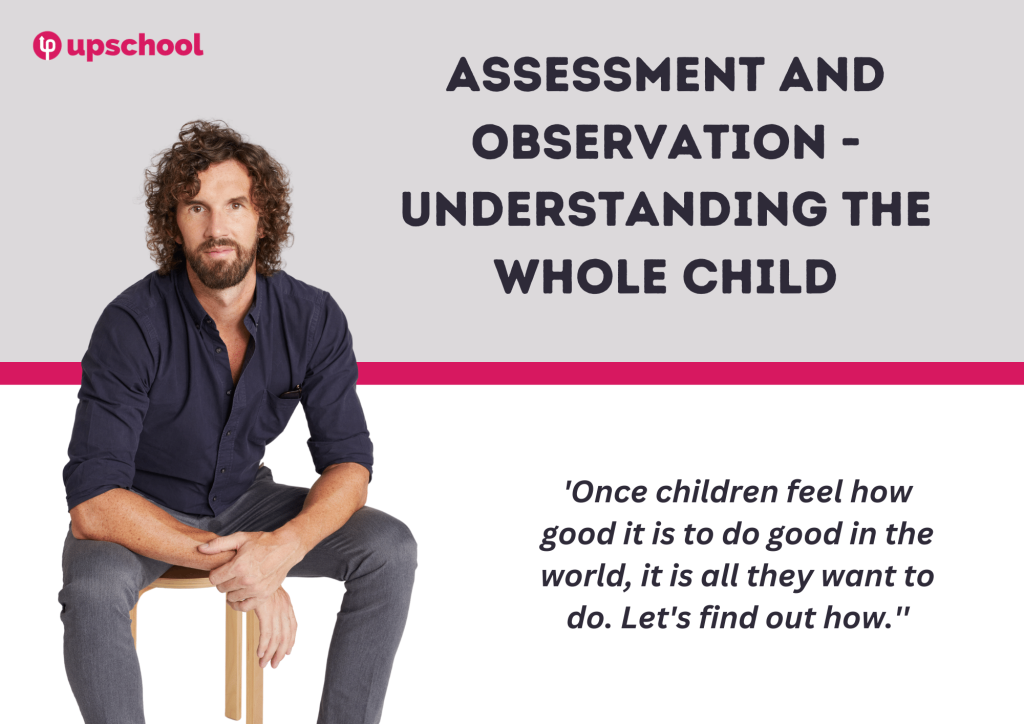Assessment and Observation – Understanding the Whole Child
During this course, we focus on understanding the whole child through observation and assessment techniques for teachers. It delves into alternative methods of evaluating student success beyond traditional exams. The course covers various assessment types, including continuous assessment, observations, formative assessment, self-reflection, real-world success, student feedback/conferences, and parent-teacher conferences.
Teachers learn how to effectively observe their students in natural working states and assess not only their academic skills but also their essential/soft skills and values. The course emphasizes the importance of self-reflection and provides tools for students to reflect on their own learning experiences. It also highlights the significance of collaborative parent-teacher conferences to assess the whole child’s development.
By completing this course, teachers gain valuable techniques and strategies to enhance their observation and assessment practices, ultimately fostering a holistic understanding of their students’ progress and supporting their overall development.
The Topics We Will Cover
- The role of assessment in measuring student learning and progress.
- Differentiating between summative and formative assessment and their respective benefits.
- Exploring alternative assessment methods beyond traditional exams.
- Understanding the importance of observing students’ academic, social, and emotional development.
- Developing effective observation techniques to gather valuable insights about students’ abilities and needs.
- Utilizing assessment and observation to personalize instruction and meet individual student needs.
- Engaging parents in the assessment and observation process to foster a collaborative learning environment.
- Promoting student self-reflection and self-assessment as essential components of the learning journey.
- Incorporating essential skill development into assessment and observation practices.
- Applying assessment and observation data to inform instructional decisions, interventions, and support systems for students.
Meet our Instructors
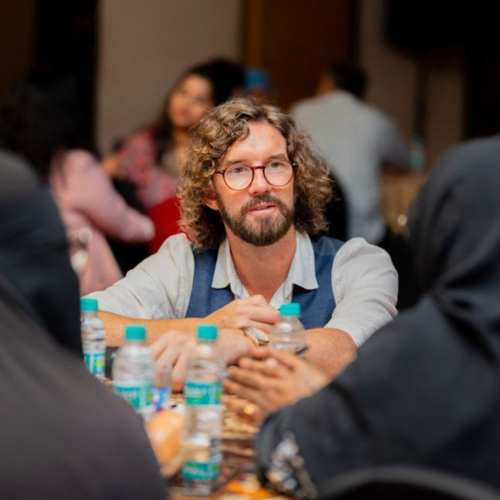
Gavin McCormack
Meet Gavin McCormack. He has been a teacher/school principal for over 25 years. He is the co-founder of Upschool.co and the Montessori Australia Ambassador, with a passion for inclusive and child-focused pedagogies. He has worked in several countries around the world, Is a children's author, and philanthropist and has trained thousands of teacher around the world.

Mark Williams
Meet Mark Williams. He is an internationally recognised professor of cognitive neuroscience, with over 25 years of experience conducting behavioural and brain imaging research focusing on our social skills. He has taught the fundamentals of neuroscience to a wide range of undergraduate and postgraduate students, as well as publishing more than 70 scientific articles. Mark has been awarded numerous high-profile fellowships and grants, and worked both at MIT in the USA and at universities in Australia.
 “
“
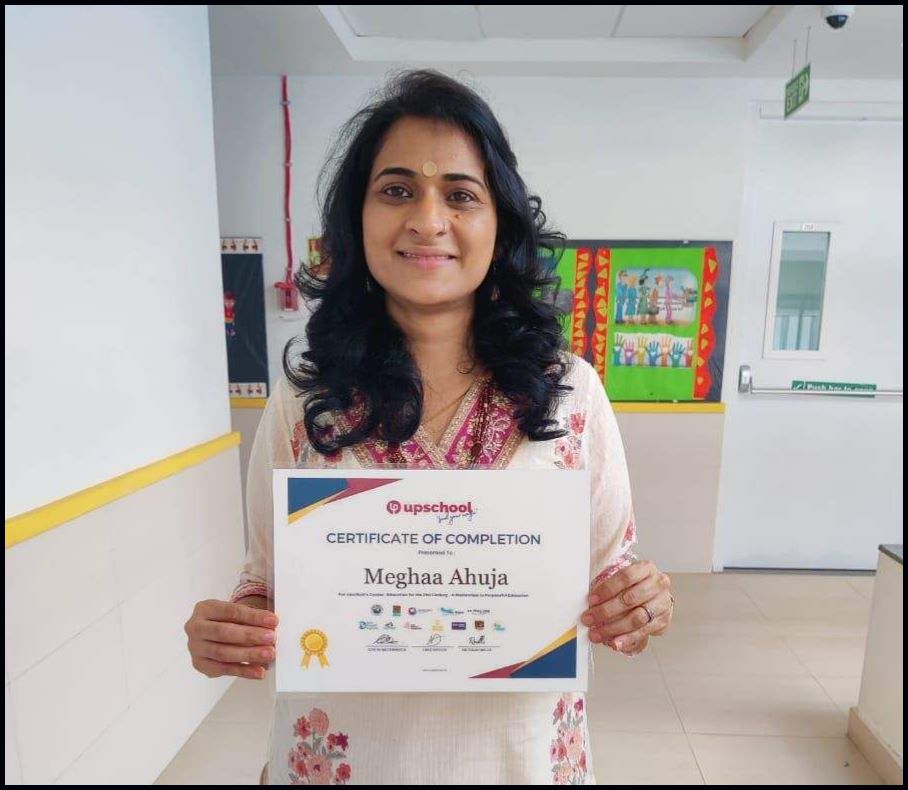 “
“
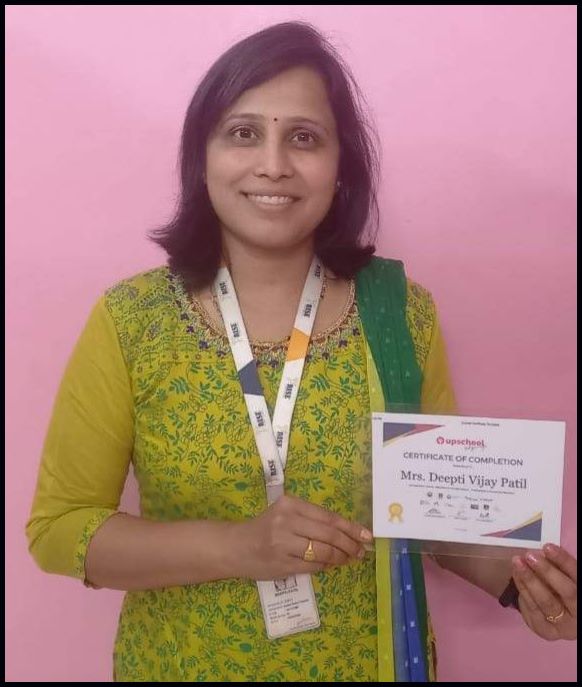 “
“
 “
“
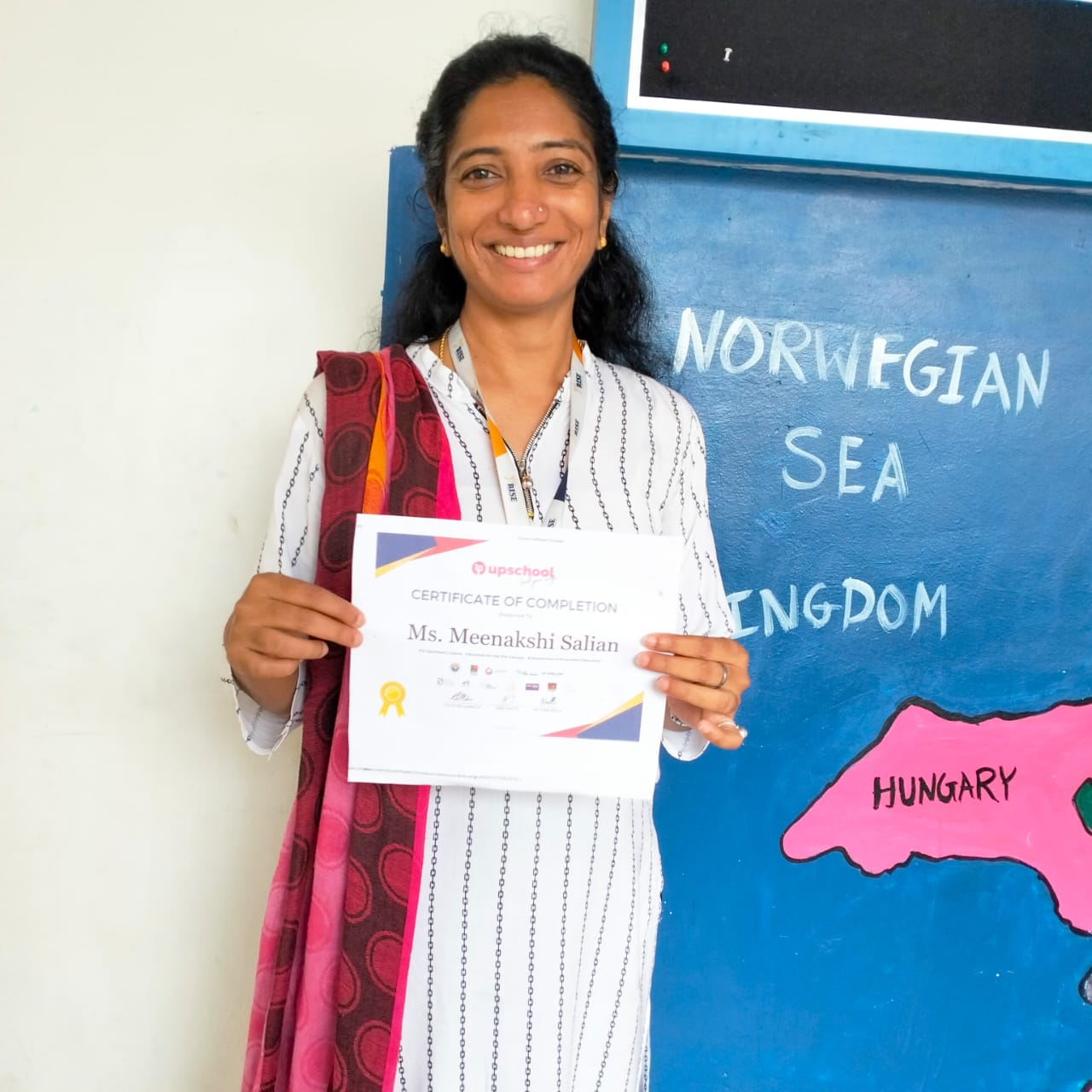 “
“

